MedTech News
.................... by Andrew Celentano
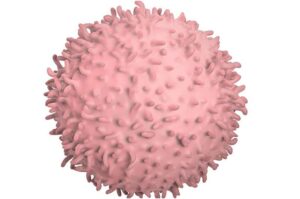
Leftover COVID spike fragments kill crucial immune cells but are less deadly in omicron
New research shows that after the body’s defenses kill the virus behind COVID-19, leftover digested chunks of SARS-CoV-2 spike protein can target specific immune cells based on their shape.
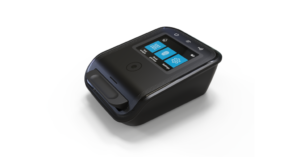
Covestro unveils Maestro device for improved diagnostic testing
“The Maestro combines advanced functionality with more sustainable design and electronic integration, making it ideal for today’s clinical and home healthcare applications,” said Eric Saks.
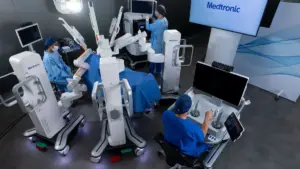
5 robotic surgery trends to watch in 2026
Soft tissue robotic systems designed to improve surgical precision are expanding into new specialties and increasing competition for longtime industry leader Intuitive Surgical.
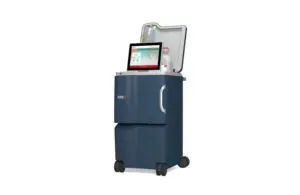
Outset Medical wins FDA nod for next-gen Tablo hemodialysis system
Outset Medical (Nasdaq: OM)+
announced today that it received FDA 510(k) clearance for its next-generation Tablo hemodialysis platform.

Knee braces offer low-risk and effective option for managing painful arthritis, research shows
Using a knee brace can help people with painful knee osteoarthritis manage their symptoms, according to new research led by Professor Melanie Holden at Keele University and Professor George Peat at Sheffield Hallam University.
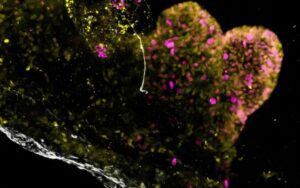
Lab-grown mini-stomachs could boost understanding of rare diseases
Researchers at UCL and Great Ormond Street Hospital (GOSH) have developed the first-ever lab-grown mini-stomach that contains the key components of the full-sized human organ.

First-of-its-kind probe monitors fetal health in utero during surgery
Northwestern University researchers have developed the first device that can continuously track a fetus’s vital signs while still in the uterus.
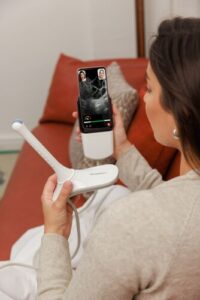
Pulsenmore and Clalit Health Services Launch First At-Home Follicular Monitoring Service for IVF and Fertility Preservation
RAMAT GAN, Israel, Jan. 26, 2026 /PRNewswire/ — Pulsenmore Ltd. (NASDAQ: PLSM) (TASE: PLSM), a global leader in connected home ultrasound technology, today announced an additional strategic commercial agreement with Clalit Health Services, Israel’s largest health maintenance organization (HMO), to supply Pulsenmore FC, a new at-home ultrasound solution designed for remote follicular monitoring in women undergoing fertility care (IVF and fertility preservation).
